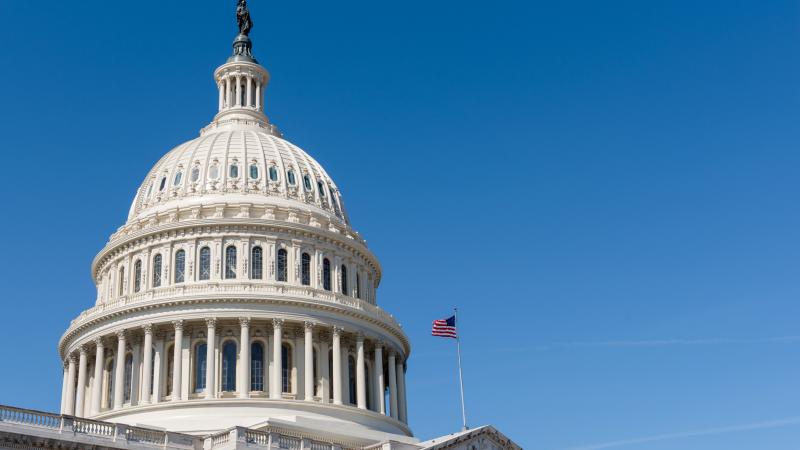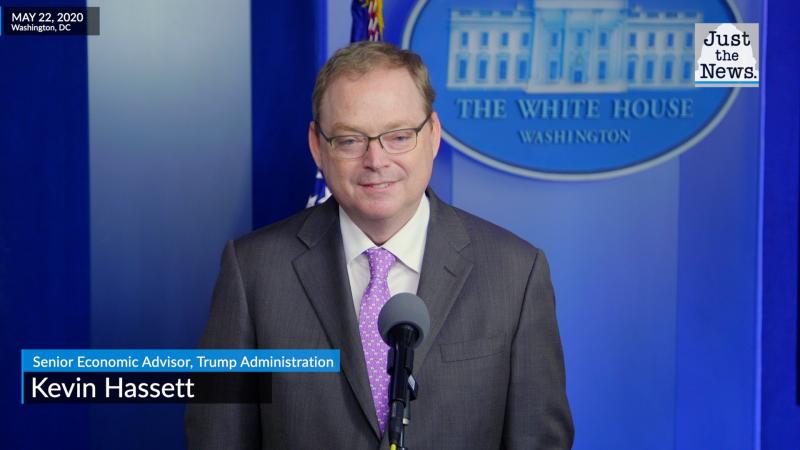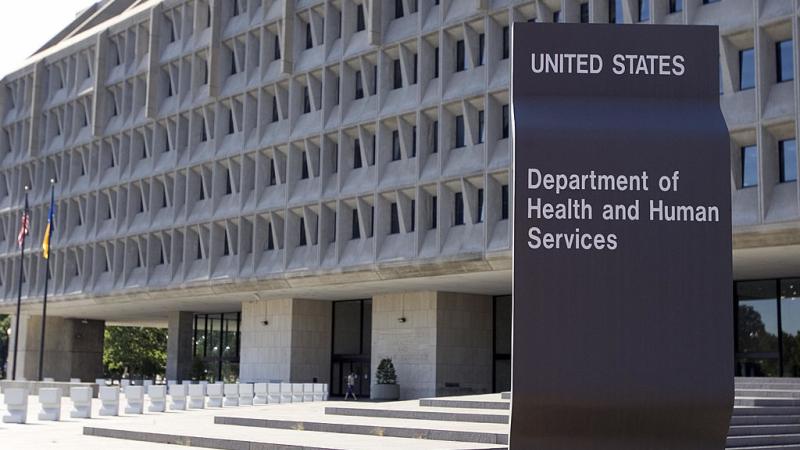Wisconsin Supreme Court allows Democrat governor’s 400-year school funding change
Gov. Tony Evers’ partial veto led to a $325 per student per year funding increase for the next 400 years.
Gov. Tony Evers’ partial veto that led to a $325 per student per year funding increase for the next 400 years was allowed, according to a 4-3 ruling from the Wisconsin Supreme Court.
Evers used his partial veto power to erased numbers and a hyphen to change “2024-25” to “2425” in the budget bill, locking in the increase for 400 years.
“I exercised the same line-item veto authority that has been used by decades’ worth of Wisconsin governors, including my predecessor—a line-item veto that the Wisconsin Supreme Court, at a time when it was under Republican control, declined to review," Evers said in a statement after the ruling.
That change was challenged, reaching the state’s Supreme Court for Friday’s ruling.
“The bottom line is that the partial vetoes were within the bounds of the constitution,” Justice Jill Karofsky wrote. “But the legislature is not without recourse. It has multiple options at its disposal …”
Karofsky then outlined that lawmakers can address the vetoes in the 2025–27 biennial budget process, pass a constitutional amendment to change the governor’s veto power or draft funding bills outside of the appropriations bills to avoid the partial veto.
“At present, legislators are circulating a proposed joint resolution for a constitutional amendment that would change the governor’s partial veto power to permit him or her to only veto entire sections of the proposed bill or to reduce appropriation amounts,” Karofsky wrote. “If the proposed joint resolution is adopted in 2025, it will go through the same process for submission to the voters. Such a constitutional amendment would substantially supersede this court’s partial veto precedent.”
Justice Brian Hagedorn wrote a dissenting opinion for the court, joined by Justices Annette Ziegler and Rebecca Bradley.
“As governors pushed the boundaries over the last half-century, this court largely responded by throwing up its hands,” Hagedorn wrote. “And now, what the constitution calls the power to ‘approve in whole or in part’ has transformed into the monarchical authority of one person to create brand new laws from scratch.
“Instead of reading what the bills actually say, and construing the partial veto power accordingly, this court treats bills presented to the governor as simply a set of alphanumeric ingredients from which the governor can cook up whatever he pleases.”
The decision was criticized heavily by conservatives in the state.
“The Governor is not a king, even if the state Supreme Court says he is,” wrote Will Flanders, an education policy expert at the Wisconsin Institute for Law and Liberty. “Given this increase, the legislature should fight hard against any further increases for public schools that are now set up for a boondoggle.”












